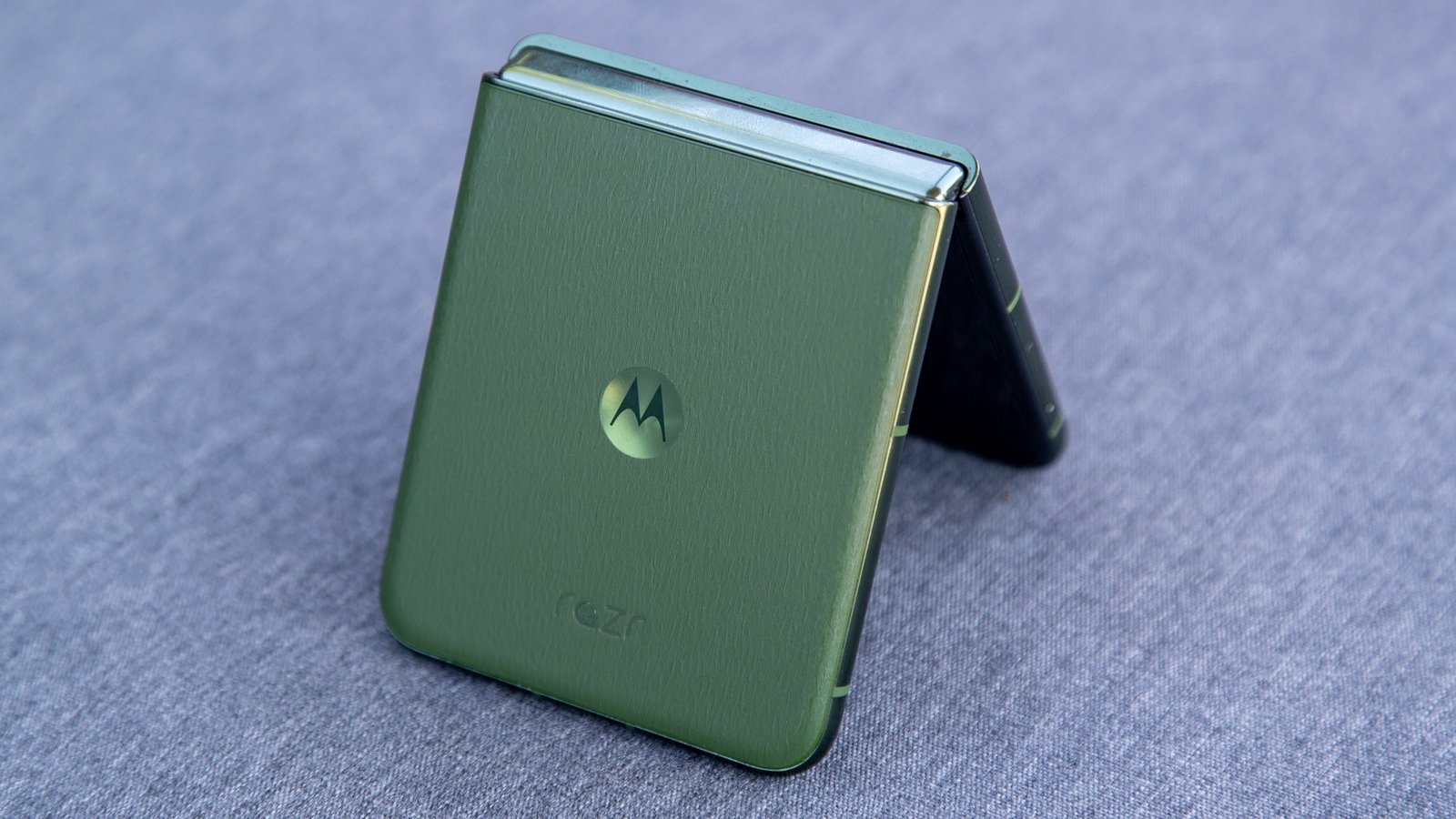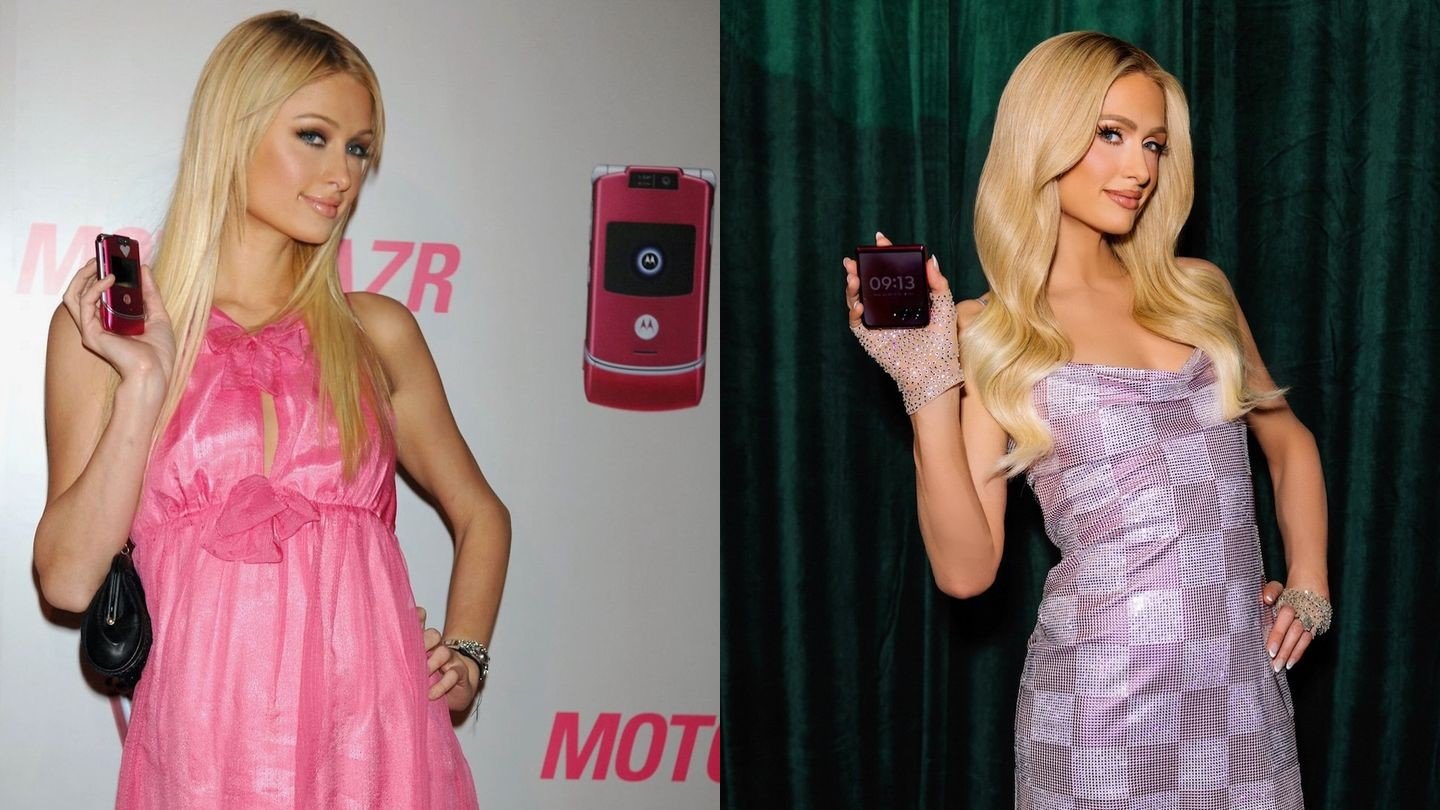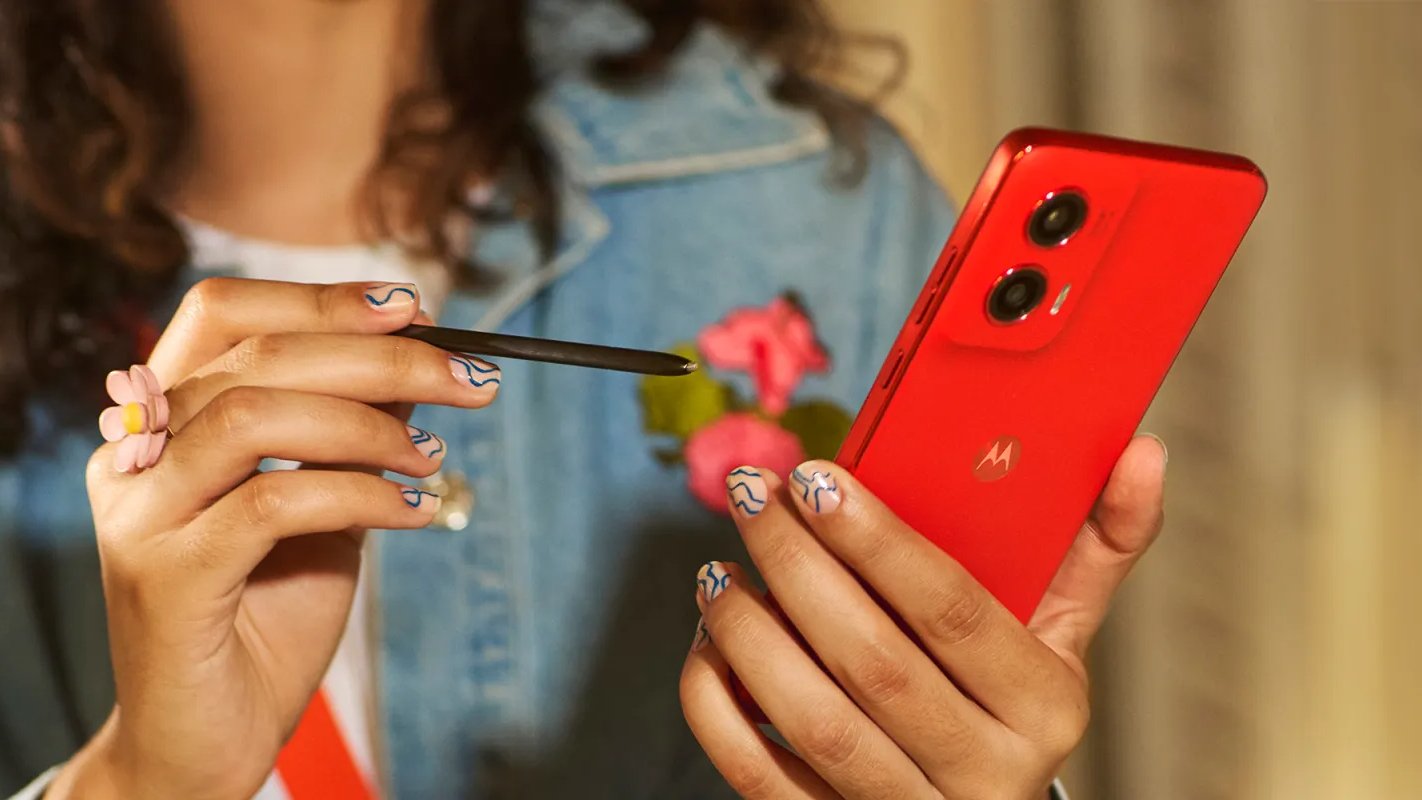I once had a strong preference for Motorola. I’ve experienced their products — both consumer goods like phones and industrial products like remote terminal units — and believed they were top-notch. In terms of phones, the original Moto X still stands out to me as one of the best and most innovative devices ever created.
However, when Google lost interest in the company, it was eventually acquired by Lenovo, one of my least favorite manufacturers. Subpar products with inadequate support led me to discourage anyone from purchasing a Motorola-branded product.
Android & Chill

Android & Chill is a longstanding tech column that discusses Android, Google, and all things tech every Saturday.
This development was disheartening to me. Motorola, once esteemed for producing the best “flagship” phone in the Moto X and the best budget phone in the Moto G, had significantly declined. Repeatedly releasing similar products year after year with an irrational pricing strategy resulted in forgettable products, while the lack of post-sales support made them regrettable.
Although Motorola may no longer be the epitome of an “American-made” company, the company’s current turnaround effort should not be overlooked. I believe that one of their phones, the 2024 Razr, stands out as best in class once again.

I personally do not use foldable phones and do not foresee using them in the near future. Nevertheless, I do not consider them a passing trend, and I genuinely believe they will become mainstream in the coming years. While companies will continue producing “regular” phones, foldables are poised to capture a significant market share over time.
I have several reservations about this trend. I appreciate the flip form factor and find phones like the Galaxy Z Flip and Razr to be both functional and enjoyable to use. However, I am not a fan of the plastic screens due to their inherent durability issues, and above all, I am deterred by the high prices. I am unlikely to purchase a Z Flip or Razr when I can obtain similar features, barring the flip function, in a Pixel 8a for a significantly lower price.
I acknowledge that foldable phones are costlier to produce, justifying their higher pricing. Nevertheless, Motorola’s approach of introducing both the Razr Plus and a more budget-friendly Razr demonstrates sound strategy. Samsung could follow suit (perhaps with a Z Flip FE), but Motorola has already taken the initiative.
This aligns with the company’s marketing and advertising efforts, resembling campaigns typically associated with Samsung or Apple. The approach is well-executed, steering away from technical jargon to focus on the devices’ appeal and fun factor. As highlighted by Android Central’s EiC Shruti Shekar, Samsung should take notes since Motorola appears to be executing this strategy more effectively.

Motorola still produces budget phones, although the lineup remains somewhat convoluted. I believe the company can integrate the successful Razr marketing strategy to effectively promote $200 phones, explaining their value proposition to potential customers. While platforms like AC can provide in-depth reviews of these devices for those seeking additional information prior to purchase, Motorola is evidently striving to enhance visibility.
My primary concern continues to be product support. By this, I don’t mean empty promises of seven OS upgrades (realistically, your phone won’t last that long nor will it be equipped to handle all the latest features seven years down the line); rather, I refer to offering reasonable support for the products sold over a respectable lifespan. I advocate for a consistent security patch schedule and swift resolution of any emerging issues.
Product support is the one area where Motorola has seen a decline in quality, reflecting a need for improvement. Motorola has committed to enhancing its support initiatives by establishing a feasible update schedule, backed by a dedicated team to address any urgent bugs.

I am inclined to trust the company’s commitment. Their dedication to product quality and extensive marketing efforts indicate a genuine interest in supporting their products adequately. Providing robust support would be the logical and customer-centric choice.
The present times are challenging, with gradual improvements prompting more people to consider purchasing new devices. Motorola seems to understand this shift and is investing in marketing initiatives to capitalize on the market. I commend their proactive approach and am willing to extend the benefit of the doubt.
While my personal endorsement or purchase may not significantly impact Motorola’s financial performance, I strongly believe in “voting with our wallets” to support companies we believe are ethically sound. Motorola’s focus on foldable phones and a compelling range of affordable products, coupled with efforts to refine their marketing approach and resonate with everyday consumers, deserves commendation and encouragement from all of us.
